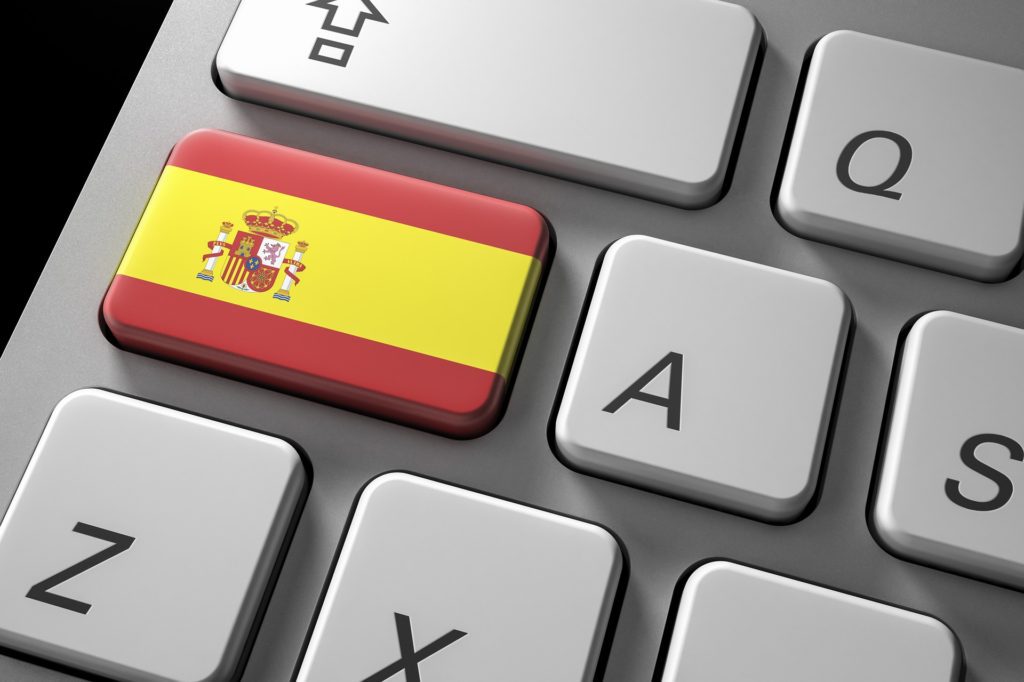Why you should hire a professional legal translator
Translating legal documents requires a skillset that only experienced professionals knowledgeable of the law can offer. Find below the aspects that you should take into account when considering hiring the service of a professional legal translator.

A specialised language
Translating legal texts requires a professional who not only is a native speaker of the target language but who also has impeccable English and a background in linguistics and/or legal translation or is a lawyer-linguist. Legal language presents unique linguistic characteristics. These characteristics go beyond technical terminology to include other linguistic features such as collocations (for example, capital social vs capital societario*), syntax and grammar structures specific to legal language. Only a professional will be familiar with these.
Proofreading skills
A professional translator will necessarily be a good proofreader. Any translation process should involve a proofreading step. Professional translators are used to undertaking this type of process spotting any misspellings, inconsistencies or other errors.
Research skills
One of the essential skills that any professional translator should have is the ability to do research when undertaking the translation of a specialised text. This involves being familiar with the resources available and knowing not only where to search, but when to search or who to turn to in case of doubt.
Knowledge of the law
With profound differences existing between the UK and Spanish legal systems, a legal translator working between British English and European Spanish should have been trained in both systems either at law school or through continuous professional development. One of the main characteristics of translation between these two systems are ‘apparent’ equivalences or an outright lack of equivalences in some areas which make the translation of certain terminology virtually impossible. A professional who is knowledgeable of the law will know how to act in these cases.
Human translation vs machine translation
Whereas machine translation might be useful in some general texts, it should not be trusted with important legal documents. This type of automated, ‘mechanical’ translation follows rigid patterns and does not always take important aspects into account, such as context. Also, it will not flag errors in the source document to the client.

Sworn / Legal English-Spanish Translator with 20 years of experience in legal translation. BA in Translation & Interpreting and Graduate Diploma in English Law. Specialising in trusts, contracts, company documents and civil litigation documents. Traductora jurada y jurídica de inglés 20 años de experiencia en la traducción jurídica. Licenciada en Traducción e Interpretación y Graduada en Derecho inglés. Especializada en trusts, contratos, documentos societarios y escritos y documentos para procesos civiles y mercantiles.
Why you should hire a professional legal translator Read More »
